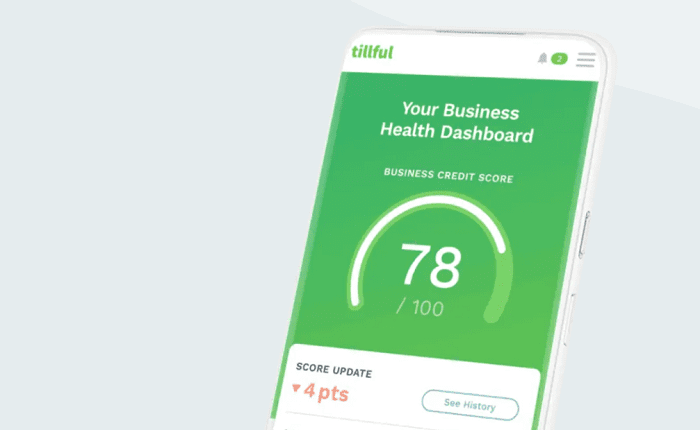SAN FRANCISCO, February 25, 2021—The shift yesterday of the Paycheck Protection Program (PPP) to provide funds exclusively to the nation’s smallest businesses for the next two weeks has drawn attention to the lack of credit options this segment has available to it.
The financial industry has historically preferred to lend to larger companies, as those customers, with their often longer history and larger borrowing needs, make them easier and more profitable to serve. Although companies with fewer than 20 employees—the focus of the PPP for the next two weeks—make up nearly 90% of the nation’s companies, they often struggle to gain access to the capital they need.
The same lopsided result was reported during early rounds of the PPP. “A lot of these mom and pop businesses got muscled out of the way by bigger companies who jumped in front of the line” in the initial rounds of the PPP program, President Biden said in announcing the new focus.
While PPP funding is a critical stop-gap measure to support this small-business segment, industry observers agree that the only sustainable solution is to resolve structural issues in the lending industry so that the most promising companies can quickly access funding made at market rates.
These loans are made with the expectation that the borrowers will repay the loans, instead of counting on government programs like the PPP, whose costs are shouldered by taxpayers.
Financial technology firms like Tillful are reporting success in resolving some of the key underlying industry challenges. Tillful, which offers a free, automated business credit scoring service, announced yesterday that in only two months of operation, they had already facilitated over 350 small business loans worth over $10 million. They also reported 100% month-over-month growth in customers.
“We see lots of small companies with strong financials even during these difficult times, and there is incredible demand for credit,” says Ken So, founder and CEO of Tillful and its parent company, Flowcast Inc.
So attributes much of this demand to companies preparing for an economic upswing. “Entrepreneurs are getting ready for post-COVID economic growth,” he says.
For consumers, there are many more credit options, both from the traditional finance industry as well as newer fintech players.
While sites like Credit Karma and others have built enormous success sharing information about credit products available to consumers, they are able to build on a relatively robust personal credit ratings infrastructure—about 80% of American consumers are rated by one of the three largest agencies.
Only a small fraction of the nation’s small businesses, on the other hand, have been rated by traditional business ratings leaders, including Dun & Bradstreet and Experian.
Without a credit rating it can be very difficult for a business to obtain financing, and this is the opportunity that Tillful is targeting. Using machine learning models that were trained on the small business loan portfolios of global financial institutions, So launched Tillful to provide this technology directly to business owners.
Within a few minutes, almost any business can receive a credit score. If it is sufficiently high, lenders will use the score to pre-approve companies for credit offers. If it is not high enough, Tillful provides feedback and advice on how to improve the score.
These sorts of innovations are in the spotlight as President Biden directs the PPP to help this important economic pillar. The 2020 Small Business Credit Survey by the Federal Reserve found that only half of all companies were able to borrow the full amount they sought when applying for a loan. To resolve cash flow challenges, which two-thirds of survey respondents reported, 47% said they needed to rely on the personal funds of the company owner.
The World Bank reports that this so-called small business credit gap is $2 trillion worldwide, and in 2015 the management consulting firm estimated that easing credit restraints to small businesses would increase global GDP up to 4%.



































